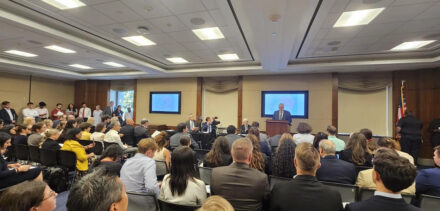A sense of doom almost governs the lives of the characters in Siran Seza’s Shattered Lives (Yearbook, Inc. 2015), a novel set in Constantinople (present-day Istanbul) during World War I.
“The tears that secretly shed in the dark,” “the crown of thorns” and “the huge wooden cross” of the dedication “To My Armenian Sisters” set the tone. The Armenian word djagadakir, which may sound more ominous than fate, its English counterpart, is repeatedly evoked. The love of the protagonist Alina Martenian, the delicate “little girl” with “a pair of melancholic eyes above pale cheeks,” for the aspiring teacher Ared Vartian ends tragically. Two young lives are shattered because Alina’s father would not allow his daughter, used to the social advantages and the privileges that come with being born into an affluent family, to marry a “poor man.”
“My life will remain shattered forever,” confides Alina to her diary.
There is, nonetheless, the goodness and the beauty of the souls that provide balm for the characters’ misery. The kind family doctor nurses the fragile youngster back to life, several times. Alina’s cousin, Arsham, supports the devastated girl for whom he cares for deeply.
A key ingredient of the novel is Alina’s endless pondering over the misery of life. Why don’t adults want youngsters to be happy, she wonders. And if, as she believes, it is “so much easier to love than to hate,” why do people choose to hate? Is it destiny or society and its restrictions that causes the misery? The outspoken protagonist questions the unfair laws that govern the behavior of men and women. Her musings inevitably bring to mind the young author who, years later, would publish the pioneering literary journal The Young Armenian Woman to advocate for a woman’s rights and her independence. Why should a woman always be dependent on a father or a brother, asks Alina. Can a woman divorce and restart her life just as a man can? Yet, “I do not like feminism,” asserts the gentle girl. “For me a woman is always the same soft and gentle sensitive being.”
Thus, the novel does not exhort a specific ideology.








